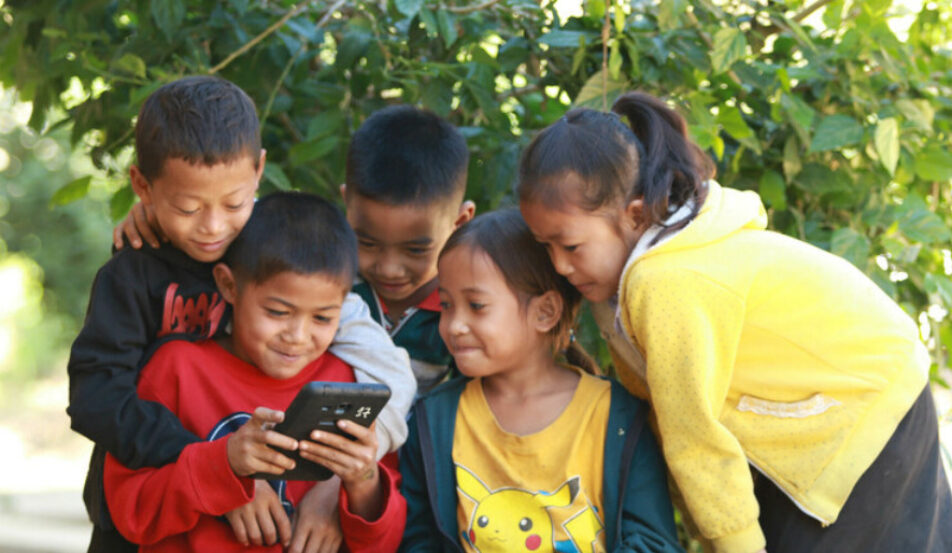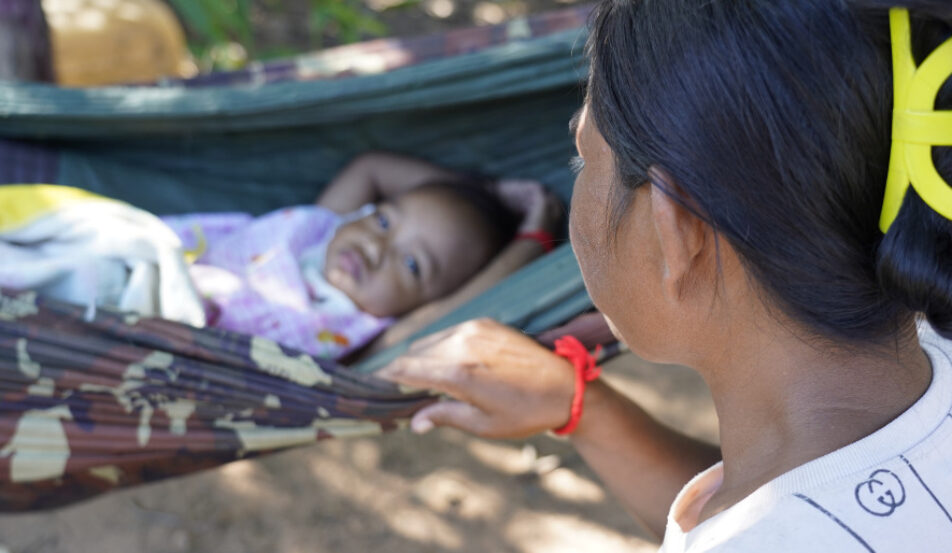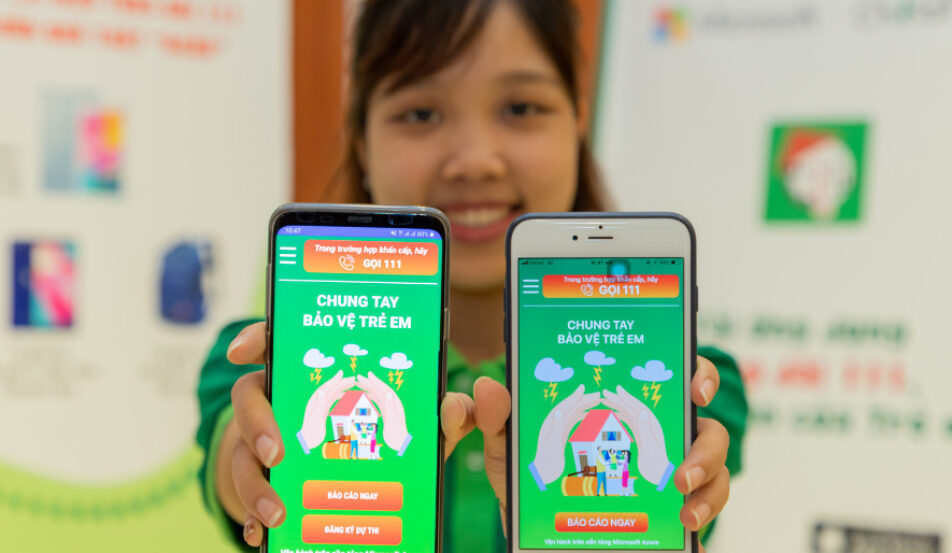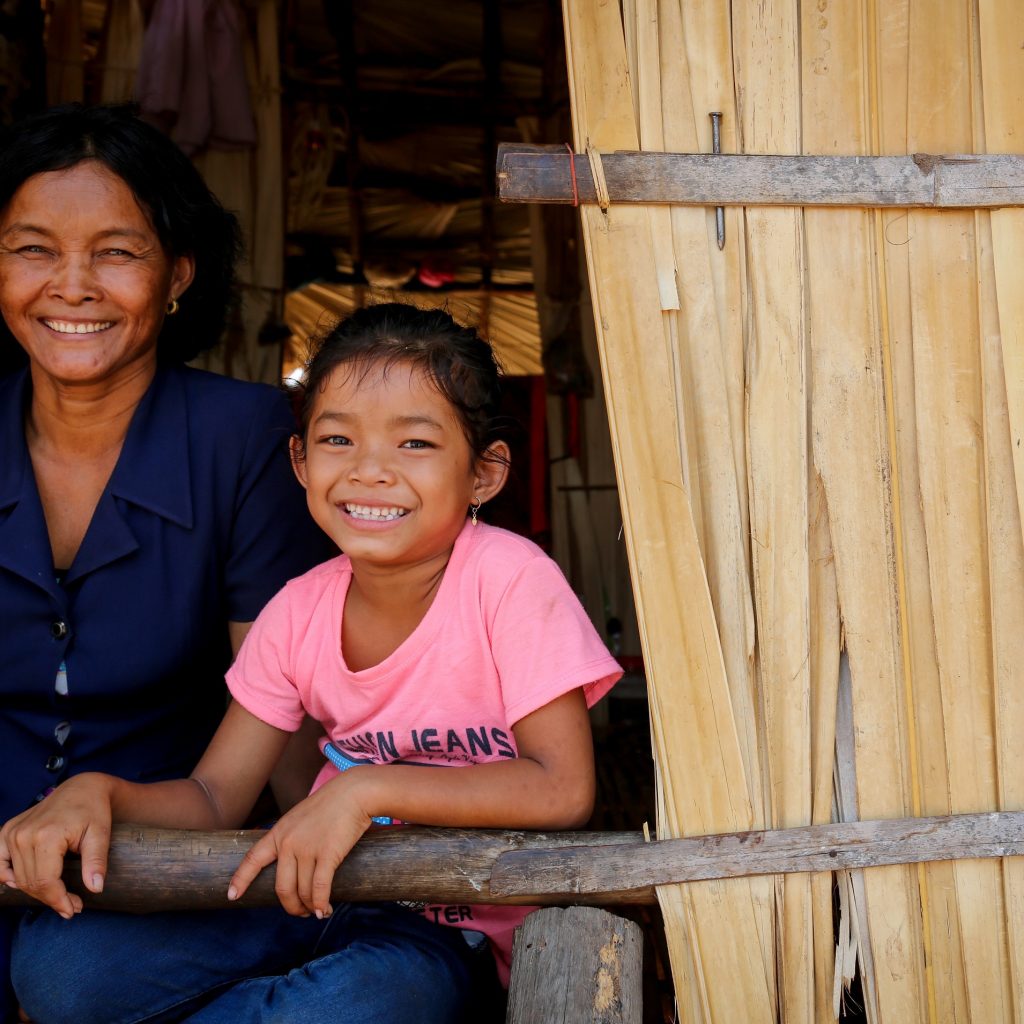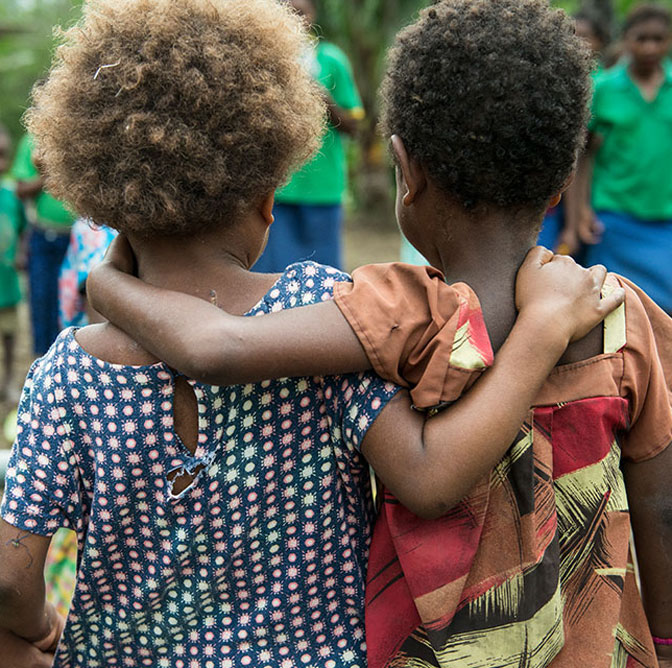The Smart Volunteering Campaign provides individuals thinking of volunteering overseas with some useful guidance:
Be informed
International aid agencies like ChildFund Australia, as well as the Australian Government, actively discourage all Australian from taking part in any form of short-term, unskilled volunteering in orphanages.
In developing countries, residential care models are often promoted as an easy solution to the challenges of poverty. For families struggling to survive, it can seem like the only way in which parents can provide the education, shelter and nutrition that they themselves may have missed out on in their own childhoods. Currently, it is estimated that 80 per cent of children in orphanages actually have living parents.
Children form connections with visiting volunteers, only for them to disappear weeks later – this can negatively impact their development and damage their ability to make future relationships. Many orphanages been established purely to generate a financial profit, rather than to provide care to vulnerable children.
Be a prepared volunteer
If you do decide to venture overseas, make sure you are well-informed about the placement you are about to take up.
Make sure your activities ‘do no harm’ and address a need in a local community. Also, examine whether you are the right person for the right organisation, and are confident about making a positive contribution to the community you will be supporting.
Finally, investigate and research information about the specific country you are visiting, and understand whether there are any requirements or restrictions on volunteering activities.
Be a child safe volunteer
There are many ways to ensure you are a child safe volunteer. First, avoid any activity where children are promoted as tourist attractions.
Be aware that any programs which provide care for vulnerable children should aim to reintegrate children into their family or community settings where it is safe to do so.
Thoroughly research any overseas organisation offering opportunities to volunteer with children to check they are acting in the best interests of the children. One good way to assess an organisation is to ask if they have a Child Safeguarding Policy, and how this is put into practice.
Mark adds: “Another good benchmark is thinking about how things are done in Australia. If you can’t wander into a school to hang out with the kids at lunchtime in Sydney, then you shouldn’t be able to do that in Myanmar or Cambodia either.”



